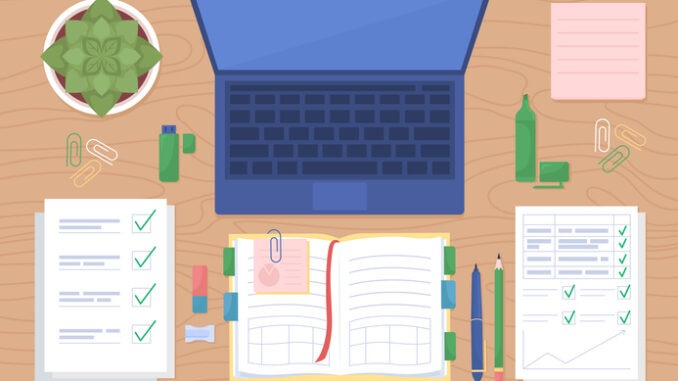
You’re the one that takes the notes, knows where everything is and always has a spare pen on hand. But is your organisation ensuring that people see you as the ‘fixer’ for everything?
As a school business leader, you’ve mastered the art of organisation. You know exactly where everything is, when meetings are scheduled and can find a pen in any colour at a moment’s notice. Your ability to keep everything running smoothly is a testament to your organisational skills. However, sometimes, that meticulous level of organisation can work against you.
Yes, it’s possible to be too organised.
Constantly having everything on hand, ready to be used in any situation, can actually create unnecessary clutter, both physically and mentally. By over-organising, you risk fostering a sense of dependency among staff, students, or colleagues, who may come to rely on you for every little need. Do you really need to store all those things “just in case”? While it’s admirable to want to be prepared for every eventuality, let’s face it – how often does anyone use that bicycle puncture repair kit in your drawer? And is it truly your responsibility to have it readily available?
If you’re always the person who has the spare pen, who knows exactly when the next meeting is, or who always steps in to resolve issues for others, you might unknowingly be creating a culture of dependency. When you keep everything “just in case,” you’re also inadvertently teaching others that it’s okay to not be fully prepared themselves. It’s one thing to help in emergencies, but another to become the go-to for every missing item or forgotten task.
Take a step back and evaluate what’s truly necessary. Are you keeping things or taking on tasks just because you’ve always done so? The solution? It’s time to pare things down.
This doesn’t mean abandoning your organisational skills or leaving people high and dry. Instead, it’s about making smarter choices. Evaluate what’s truly necessary and let go of the items or tasks that aren’t adding value to your day or the team’s efficiency. You’ll free up physical and mental space to focus on what truly matters.
By letting go of the “organiser” identity and stepping back when appropriate, you create an environment where others feel motivated to step up and take responsibility. This encourages everyone to become more self-sufficient, fostering a more proactive team. It’s not about abandoning your leadership role but about changing the way you lead – allowing your team to become more resourceful, solve problems independently.
In the long run, this shift will not only improve your own productivity but also contribute to a more empowered, confident, and capable team that can handle tasks efficiently on their own. It’s about encouraging a culture of shared responsibility where everyone plays a part – and everyone brings their own pens to the meeting!



Be the first to comment